The new US national security strategy and its implications for Armenia
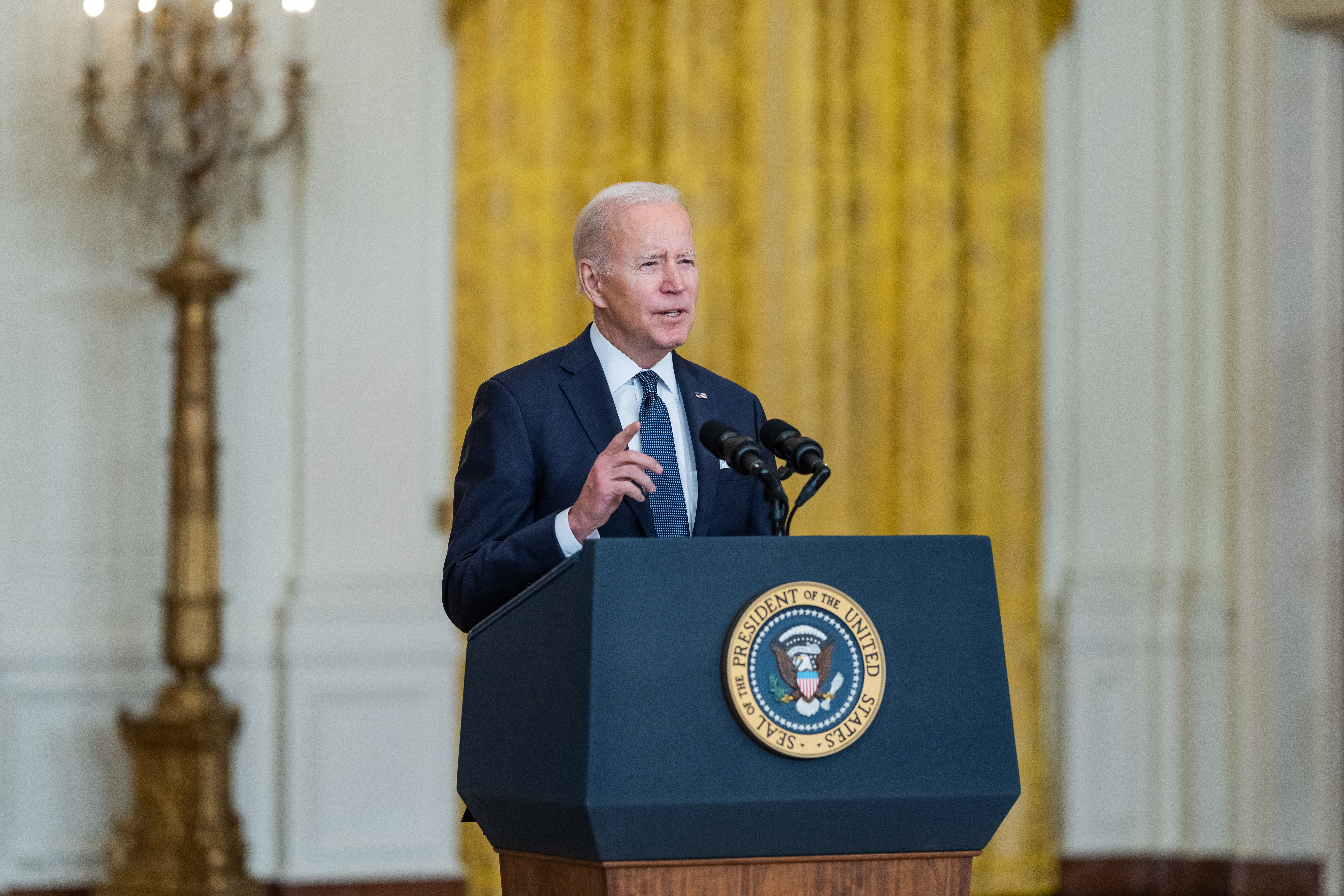
On October 12, 2022, the White House published President Biden’s first national security strategy. The document outlines the US’ primary goals for domestic and foreign policy and its future vision for the world. US national security strategies have been published every four years since the early 2000s, laying out the incumbent administration’s policy goals and strategic priorities. The 2002 and 2006 national security strategies were focused on the war on terror and democracy promotion. The Obama administration, while emphasizing democracy promotion, started to refocus the US’ attention on the Asia-Pacific region. Meanwhile, due to the 2014 Ukraine crisis, the February 2015 national security strategy included harsh rhetoric toward Russia. In December 2017, President Donald Trump focused his national security strategy on great power competition and US rivalry with China.
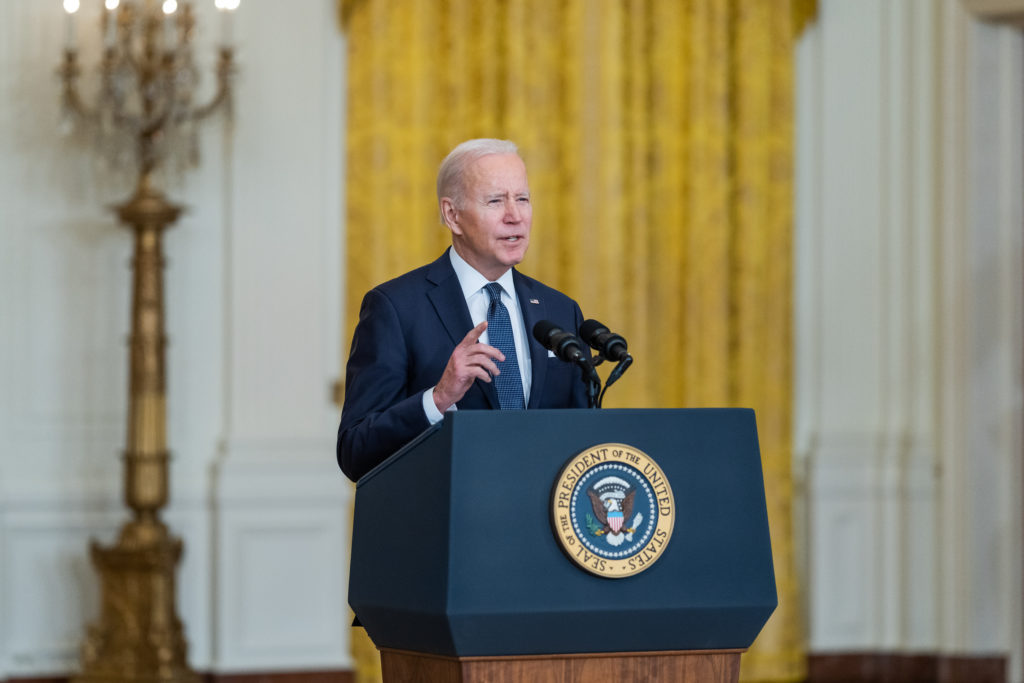
In March 2021, President Biden published interim national security strategic guidance as a prelude to the complete national security strategy. In this document, the Biden administration described 21st-century geopolitics as a fight between democracy and autocracy, depicting China and Russia as the main challenges for the US-led post-Cold War order. Another significant feature of that document was the focus on reinvigorating US alliances and the return of the US to international organizations, in contrast with President Trump’s anti-globalist “America First” policy. The 2022 war in Ukraine postponed the publication of the national security strategy for several months, as the Biden administration sought to adjust the US policy amidst the first large-scale war in Europe after World War II.
According to the strategy, the US will focus on competing with China and containing Russia. It will do so by investing at home, building a coalition of like-minded states and modernizing its military. Meanwhile, the American leadership and political circles understood that casting the historical moment as only a fight with democracy in one corner and autocracy in the other amounted to a significant oversimplification of the nature and variety of the world’s many different political systems. The drawing of clear dividing lines between democracies and autocracies alienated many American non-democratic allies, which otherwise could be helpful in the US rivalry with China and Russia. The strategy says that many non-democracies join the world’s democracies in forswearing unacceptable behaviors such as waging or preparing for wars of aggression, actively undermining the democratic political processes of other countries and leveraging technology and supply chains for coercion.
Thus, this time the United States argued that it was ready to cooperate with non-democratic states as much as they adhered to the rules-based international order. The Biden administration dropped the notion of regime change or imposition of democracy by force, clearly stating that it would not make every other nation in line with American views. On domestic policy, the strategy underscores the necessity to rebuild American strength in democracy, economic development, innovation and technology. In foreign policy, the US emphasizes its competition with China and Russia.
According to the strategy, China is the only competitor which intends to “reshape the international order” and, increasingly, has the economic, diplomatic, military and technological power to do it. Beijing has ambitions to create an enhanced sphere of influence in the Indo-Pacific and become the world’s leading power. China is also investing in a military that is rapidly modernizing, increasingly capable in the Indo-Pacific and growing in strength and reach globally – all while seeking to erode US alliances in the region and around the world. The US strategy toward China should be based on three pillars: 1) to invest in the foundations of American strength at home; 2) to align efforts with the American network of allies and partners, acting with a common purpose and in common cause; and 3) to compete responsibly with China to defend American interests and build the US vision for the future.
The strategy argues that the Russian government has chosen to pursue an imperialist foreign policy over the past decade to overturn key elements of the international order. This policy culminated in a full-scale invasion of Ukraine in February 2022. According to the document, under successive administrations, the US made considerable efforts at multiple points to reach out to Russia to limit rivalry and identify pragmatic areas of cooperation; however, President Putin had spurned these efforts, and it was clear he would not change. The Biden administration argues that Russia now poses an immediate and persistent threat to international peace and stability. The Biden administration claims that the United States will continue to support Ukraine in its fight for its freedom, will help Ukraine recover economically and will encourage its regional integration with the European Union.
The Biden administration proposes to support the European aspirations of Georgia and Moldova and their commitment to critical institutional reforms and to back diplomatic efforts to resolve conflict in the South Caucasus, a reference to the Nagorno Karabakh conflict.
What does this strategy mean for Armenia? As the US continues its efforts to contain and weaken Russia, the Biden administration will make efforts to decrease Russian political, economic and military presence in the South Caucasus. It means that the US will use its growing involvement in the Armenia-Azerbaijan negotiation process to create conditions for the withdrawal of Russian peacekeepers from Nagorno Karabakh while using Armenia-Azerbaijan and Armenia-Turkey normalization processes as a base to push forward the withdrawal of the Russian military base from Armenia. The decreased Russian presence in the South Caucasus will create a vacuum that Turkey will most probably fill as a regional power and a strategic US ally. Armenia should be cautious not to embrace the narrative of the Nagorno-Karabakh conflict as another battlefield of the US versus Russia rivalry. Armenia should emphasize that the Nagorno Karabakh conflict has nothing to do with global geopolitics and is a struggle of Nagorno Karabakh Armenians to secure their existence, which cannot be guaranteed under Azerbaijani jurisdiction.



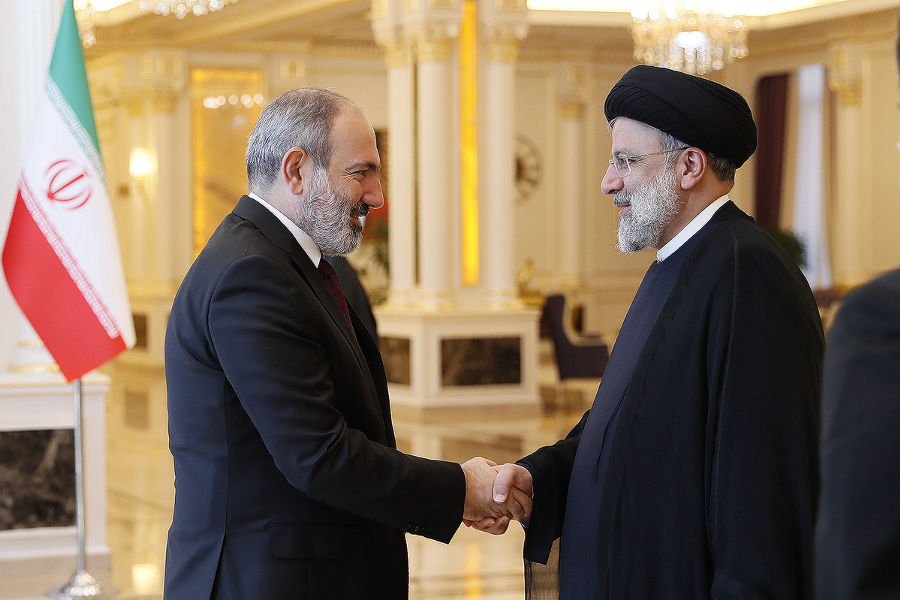


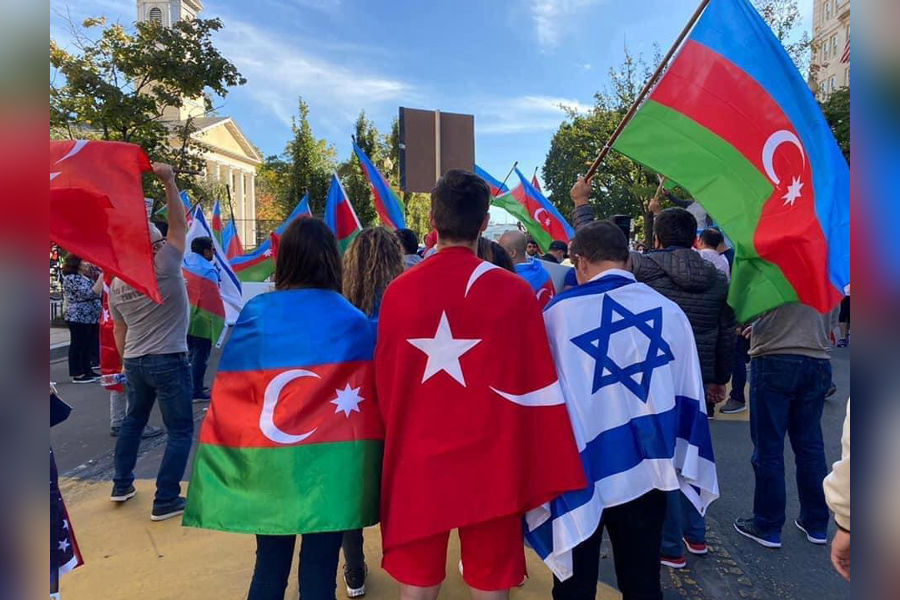
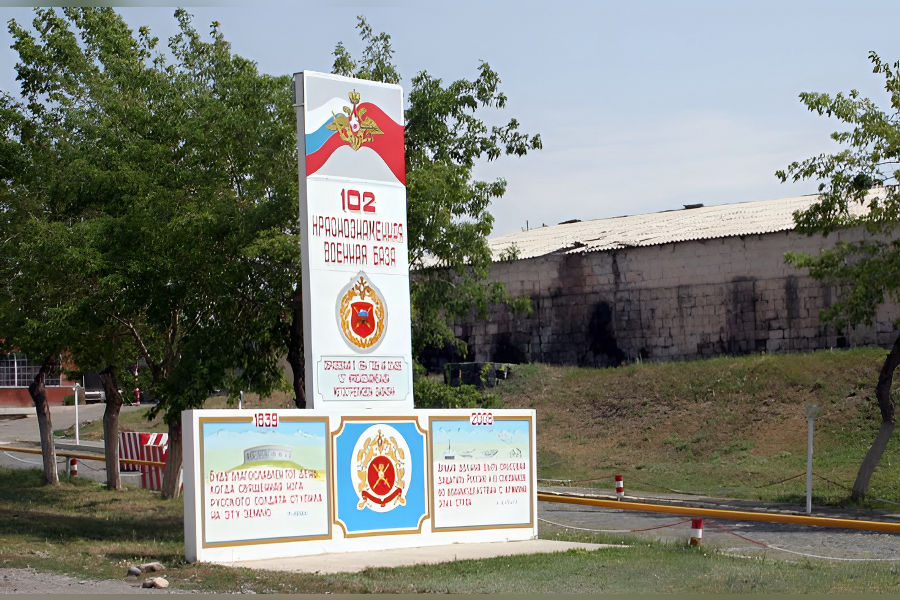
America will always look at it’s own interest first.
All countries do this Gérard, it’s self interested pragmatism. Armenia should do the same and try not serve Russian interests in detriment to her own. This is difficult, unhappily, since Armenia is in a hostage situation to Russia.
The US doesn’t care one bit about Armenia or armenians, and much less about Artsakh.
Look at what they did to the kurds, first promising to back them and be on their side, and then dropping them in the mouth of the wolves.
Armenians should learn a lesson from that.
We Armenians need to learn and understand our own history first. Foreign policies adapt and change. At the moment the U.S. is abandoning her base in Incirlic in Turkey and has established two bases in Greece, Turkey’s arch rival. They are also arming the Kurds by all accounts. Armenia must take advantage of these or any opportunities to become self sufficient and more independent of bullying neighbours.
Dr.Boghosyan has an impressive CV, however I am not convinced by his argument that the reason Turkey would fill the potential vacuum left by Russia in the South Caucasus would be because Turkey is a “strategic U.S. ally.” If Turkey is still an important “strategic U.S. ally,” why has the U.S. vacated her Incirlic base in Adana (Turkey) and established two U.S.bases in Greece, a historic and modern rival of Turkey? Why is the U.S. arming Greece as well as the Kurds, who Turkey insists are terrorists. I would argue that it is Russia who would want the vacuum in the South Caucasus to be filled by Turkey because firstly Putin has apparently declared that Russia is a Tataro-Slavic state (Tatar meaning Turkic,) he has also declared that he would prefer Turkey in the Caucasus rather than France (and by extension Europe or the U.S.) Secondly, Russia has plotted with Turkey and Azerbaijan to attack and weaken Armenia and Nagorno Karabakh, using Armenia as a bargaining chip to draw Turkey away from NATO and the U.S. as well as ensuring Azeri loyalty. The Russian Defence Minister, Shoigu, has apparently made a triumphant declaration about Russia’s “successful operation” in the South Caucasus. Many Armenian people consider this to be a treacherous betrayal by Russia since they have been supposedly Armenia’s strategic ally since being forcibly Sovietised a hundred years ago. In reality Armenia has been and is a hostage to Russia and her interests and now Russia has become a strategic ally of the undemocratic, dictatorship of racist Azerbaijan. Thirdly, if Armenia made a leap of faith and aligned herself with the U.S., there would simply not be a vacuum for Turkey to fill in the South Caucasus.